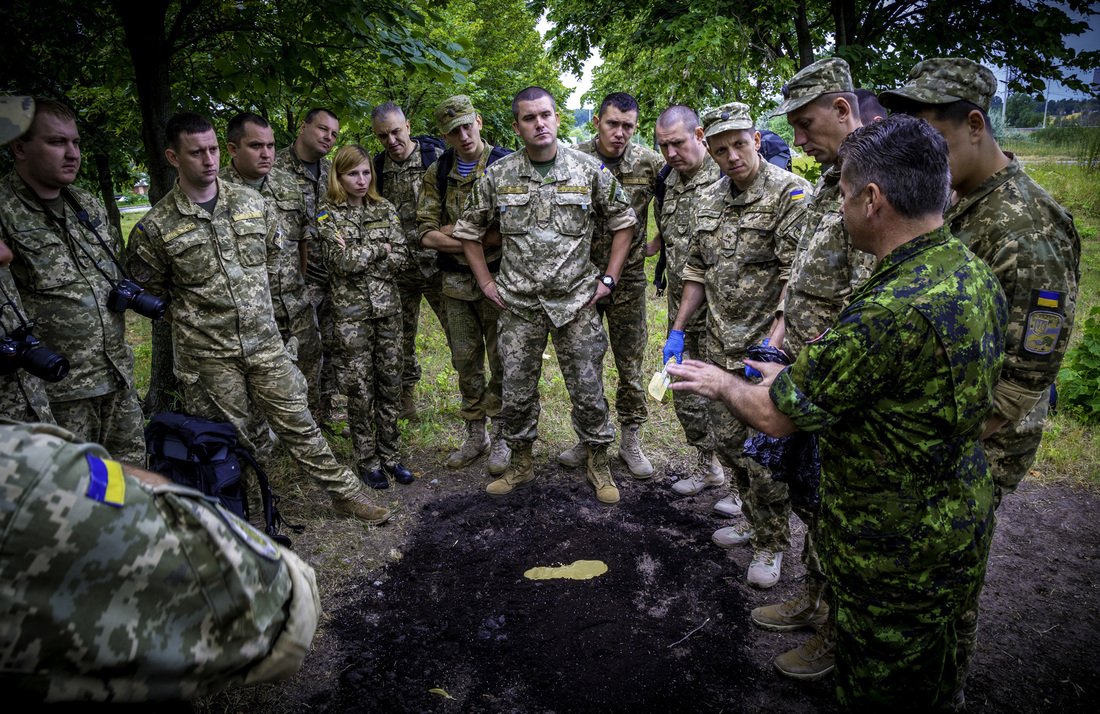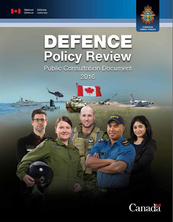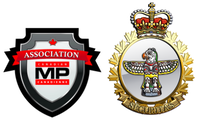|
By Capt J.P. Coulombe, Joint Task Force - Ukraine Public Affairs Officer Article originally published 29 Jul 16 at www.forces.gc.ca  Ukrainian Armed Forces (UAF) assistant instructor, Major Onipko, stands surrounded by UAF students as trainees as a Canadian Military Police Instructor explains the technique of footprint casting during the Canadian led Military Police Investigator Course in Kyiv, Ukraine as part of Operation UNIFIER, on the 21st of July, 2016. (Photo: Joint Task Force Ukraine) After seven months, the rotation of personnel currently deployed on Operation UNIFIER, Canada’s training mission in Ukraine, is standing ready to hand over the task to a new group from Western Canada. Since first deploying on this operation, this rotation has not only contributed to training over 1700 Ukrainians on 46 different training courses, but has paved the way for the future by training instructors that will enable Ukraine’s Armed Forces to continue the training. Relying on the strong foundation laid by the previous group, this rotation of personnel from 2nd Canadian Division (2 Cdn Div) was able to continue the good work and explore new avenues to further develop Ukraine’s military capabilities. Junior Leadership Academy Training (JLAT) - part of the legacy One of the significant achievements of Operation UNIFIER is a direct result of the deployed troops' professionalism and training. Chief Warrant Officer Daniel Parenteau, JTF-U Sergeant Major, explains: “One of the reasons Ukrainians requested more and more junior leadership training comes from the positive experience they have had with our young Canadian leaders. Witnessing skilled and professional 25-year-old master-corporals and young sergeants as instructors made the Ukrainian leadership realize that not only can the young leaders do the job, but that they can bear responsibilities and help support the chain of command.” During this rotation, the training company has successfully trained 96 candidates on the JLAT, a total of 124 since the start of Operation UNIFIER. These young Ukrainian leaders are now dispatched throughout the country where they can put into practice their newly-acquired instructional techniques and leadership skills. Combat First Aid InstructorsThe medical line of effort has been at the forefront of this rotation’s achievements. The basic combat first aid training was by far the most popular among Ukrainian troops and follow-up courses quickly caught the attention of the Ukrainian leadership. The medical personnel from 2 Cdn Div streamlined the process, and put together an enhanced Combat First Aid (CFA) course as well as CFA instructor course. The medical instructors continued to deliver CFA to all trainees within the 55-day training bloc while simultaneously selecting and qualifying top candidates on the enhanced and instructor courses. The pilot courses yielded 27 instructors in Starychi, most of whom immediately returned to work at the 184th training center, training new recruits. A few weeks later, handpicked candidates from all around Ukraine gathered in Kiev for another successful iteration of the course. “I am really proud of the work our medical instructors accomplished here, but mainly of the fact that this was done hand in hand with the Ukrainians, tailored to their needs,” said Lieutenant-colonel Tim Arsenault, JTF-U commander. “We leave behind a comprehensive instructional package that will allow the newly-qualified instructors to train more and more Ukrainian soldiers.” Involving the Ukrainians was instrumental to all this success. Now they not only understand the material but they believe in the method because it is adapted to their reality both in the classrooms and in the field. Ukraine currently has 45 trained medical instructors available who will take over the CFA training while Canadians mentors help them and continue to develop more instructors. Sharing police skills from one course to the nextMilitary police training is also another success story here in Ukraine. Canadian military police members have been in and out of the country training over 200 Ukrainians so far. From one visit to another, they have started using former top students as assistant instructors. During the last iteration of the Military Police Investigations Course, four assistant instructors helped to teach classes with the Canadians. The Ukrainian assistant instructors were teaching a large percentage of the course under the supervision and mentoring of the Canadian military police. The commander for this line of effort, Major Paul Mellema, is happy with the progress: “The quality of the candidates we receive from the Ukrainian Military Law and Order Services is excellent. They are very enthusiastic and eager to learn new skills and techniques. The use of former top students as assistant instructors works very well. By having them take over more of the instruction, we can start to detach ourselves and transition into mentoring roles, setting them up for success in independently delivering the courses.” Not including the important steps from the other lines of effort, it is evident that the mission in Ukraine continues on the right track. Ukraine can now count on 169 soldiers with enhanced instructional skills in various domains on top of the soldiers and officers who now benefit from more training and a better understanding of the Canadian methods.
0 Comments
 It's no secret that the vast majority of visitors to CMPA are either serving or retired members of the Canadian Armed Forces. And as soldiers, we often come up with a lot of great ideas on our defence policy and our military should be shaped. The Government of Canada is now appealing to all Canadians to help shape the upcoming 2016 Defence Policy Review. Simply visit the website http://www.defenceconsultations.ca/ to have your say. Feedback can be submitted anonymously via an online workbook, or by joining a discussion forum which requires you to log in and will allow you to see what others have posted. |
Archives
June 2024
Categories
All
|

 RSS Feed
RSS Feed